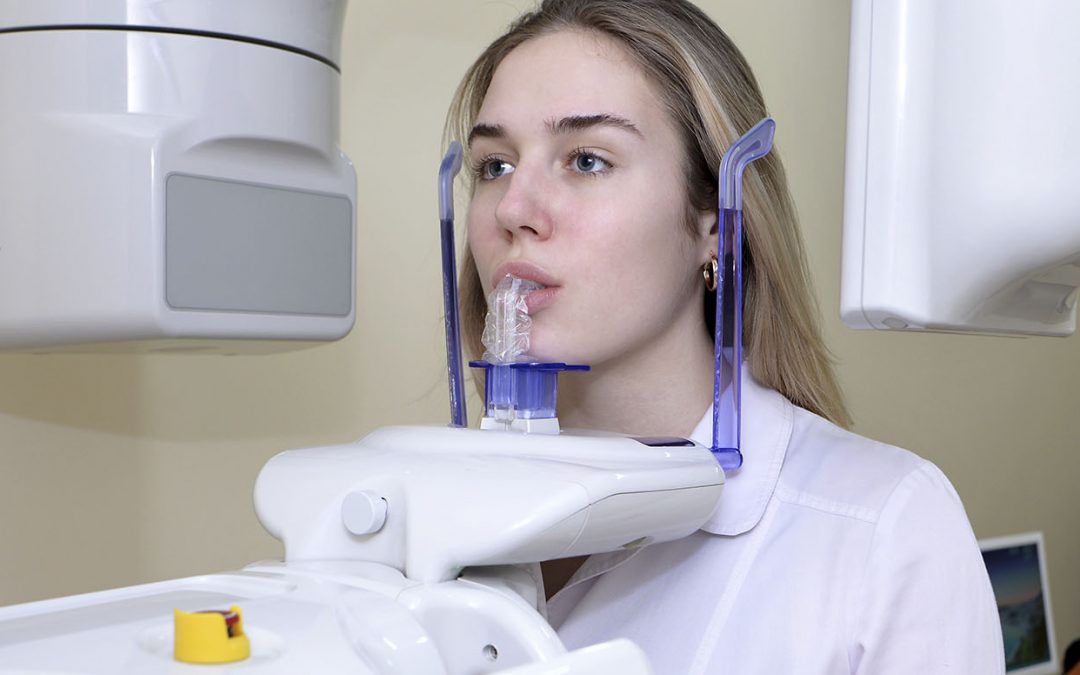Comprehensive Dental Device Mechanical and Safety Test Panel
In the realm of medical device testing, particularly within the dental sector, ensuring the mechanical integrity and safety of devices is paramount. The Comprehensive Dental Device Mechanical and Safety Test Panel has been designed to meet these stringent requirements, providing a robust framework for evaluating the durability, strength, and compliance of dental devices with international standards such as ISO 14971.
The panel encompasses a wide array of tests that are critical in the development lifecycle of dental devices. These include mechanical strength testing (ISO 25396), fatigue life assessments, biocompatibility evaluations, and environmental stress cracking tests (ASTM F825). The primary focus is on ensuring that these devices perform reliably under various conditions while maintaining a high level of safety for end-users.
The process begins with thorough specimen preparation, which involves careful selection and conditioning of the dental device to simulate real-world usage. This includes factors such as material hardness, surface finish, and geometry, all of which can influence test outcomes. Once prepared, devices undergo a series of mechanical tests designed to assess their resistance to wear, fracture, and deformation.
For fatigue life assessments, devices are subjected to cyclic loading in compliance with ASTM F825. This standard defines the procedures for determining the fatigue strength of dental materials, providing insights into how these materials will perform over extended periods under repetitive stress conditions. Similarly, biocompatibility evaluations follow ISO 10993 guidelines, ensuring that the materials used are safe for contact with the oral cavity.
The testing process also includes environmental stress cracking tests, which simulate the effects of prolonged exposure to environmental factors such as moisture and temperature changes. These tests are crucial in identifying potential weaknesses in dental devices that could lead to failure under real-world conditions. The results of these tests are meticulously recorded and analyzed to ensure compliance with relevant standards.
In addition to mechanical testing, the panel also includes safety assessments aimed at ensuring that dental devices do not pose any risks to patients or healthcare providers. This includes evaluating the device's resistance to sterilization processes (ISO 17665), as well as assessing its potential for causing allergic reactions or other adverse effects.
The comprehensive nature of this testing panel ensures that dental devices meet rigorous quality and safety standards, thereby enhancing patient trust and confidence in their healthcare providers. The insights gained from these tests are invaluable in the continuous improvement of dental device designs, contributing to safer and more effective treatment options for patients.
Benefits
The implementation of a comprehensive mechanical and safety test panel offers numerous benefits to stakeholders within the medical device industry. For quality managers and compliance officers, this service provides a structured approach to ensuring that dental devices meet international standards, thereby reducing the risk of non-compliance penalties.
R&D engineers can leverage the insights gained from these tests to optimize design parameters, improve material selection, and enhance overall product performance. Procurement teams benefit from having a reliable source for testing services, which helps in selecting suppliers who consistently produce high-quality dental devices.
From a broader perspective, patients and healthcare providers are assured of receiving safe and effective dental devices that have undergone rigorous evaluation. This not only enhances patient satisfaction but also contributes to the overall reputation of the medical device industry as a whole.
Customer Impact and Satisfaction
The impact of comprehensive testing on customer satisfaction is profound. By ensuring that dental devices meet stringent mechanical and safety standards, healthcare providers can offer treatments with greater confidence in the reliability and safety of the equipment they use. This leads to increased patient trust and satisfaction, as well as a positive reputation for both individual practices and the industry at large.
For quality managers and compliance officers, the peace of mind that comes from knowing their devices meet international standards can significantly reduce stress and improve job performance. R&D engineers benefit from the detailed feedback provided by these tests, which helps guide future product improvements and innovations.
Patient satisfaction is directly linked to the reliability and safety of dental devices. When patients experience positive outcomes and feel secure about their treatment environment, they are more likely to return for follow-up visits and recommend services to others. This cycle of trust and satisfaction contributes to long-term relationships between healthcare providers and their patients.
Use Cases and Application Examples
- Titanium Crowns: Testing the fatigue life of titanium crowns ensures they can withstand the forces generated during chewing without fracturing or deforming over time.
- Resin Composites: Evaluating the biocompatibility and adhesion strength of dental resins helps in selecting materials that are safe for long-term use in the oral cavity.
- Dental Implants: Assessing the mechanical integrity of dental implants ensures they can integrate successfully with bone tissue, supporting long-lasting restorations.
- Orthodontic Wires: Testing the strength and elasticity of orthodontic wires helps in selecting materials that provide effective correction while minimizing patient discomfort.
- Dental Instruments: Evaluating the durability of dental instruments ensures they can withstand repeated use without losing precision or functionality.
The results of these tests are crucial for ensuring that dental devices not only meet regulatory requirements but also perform reliably under real-world conditions. This comprehensive approach to testing enhances trust and confidence in the medical device industry, ultimately contributing to better patient care and outcomes.





